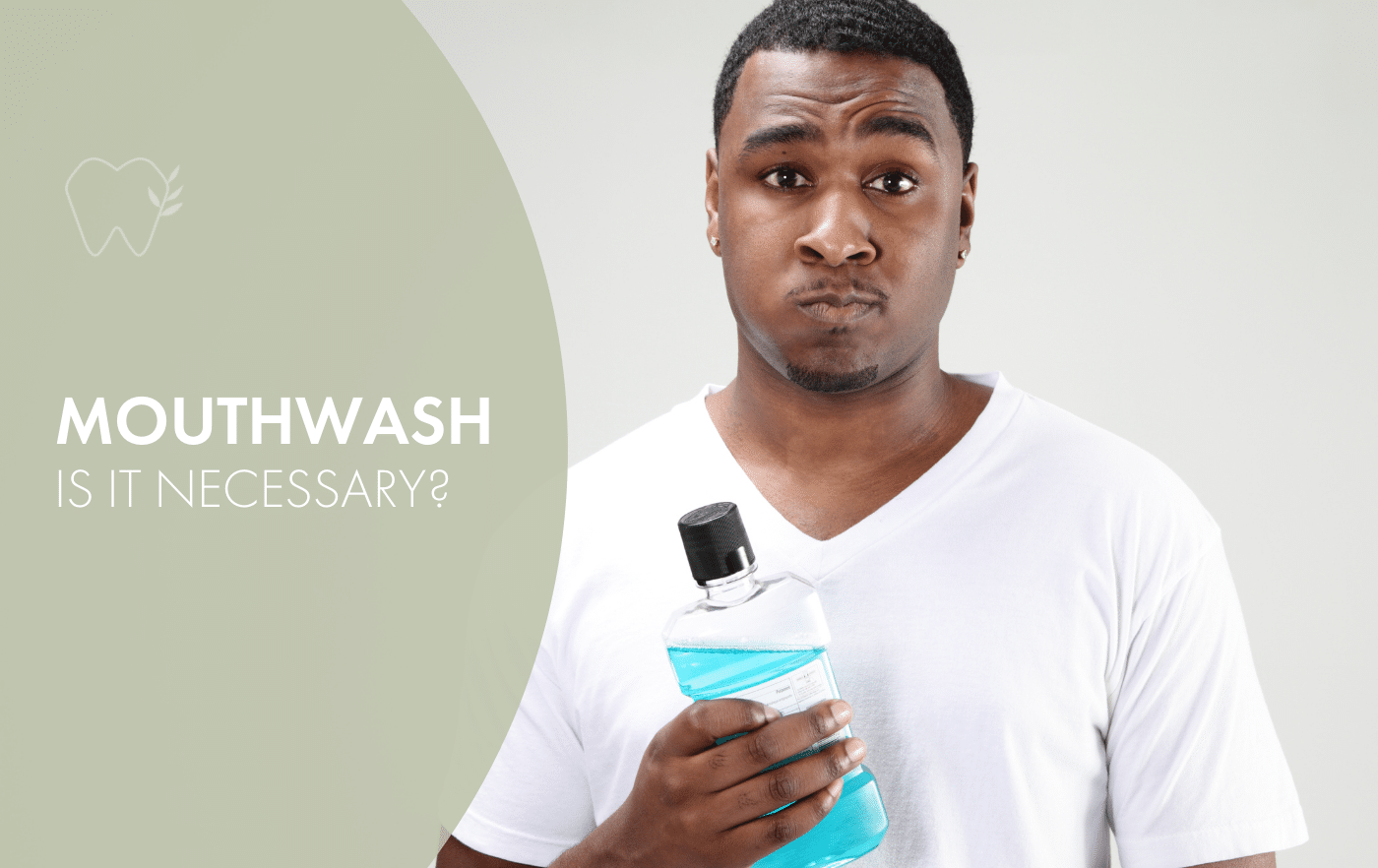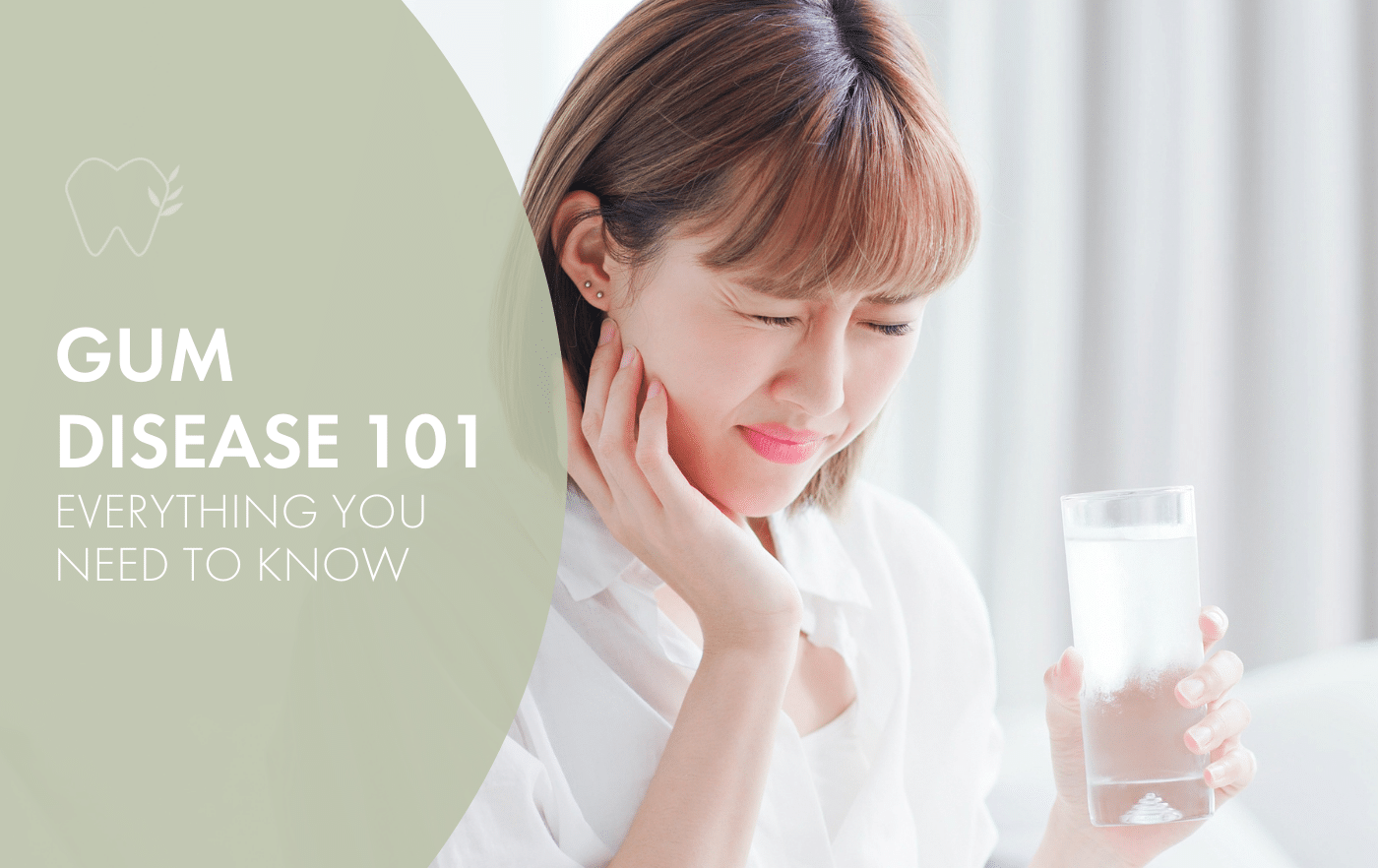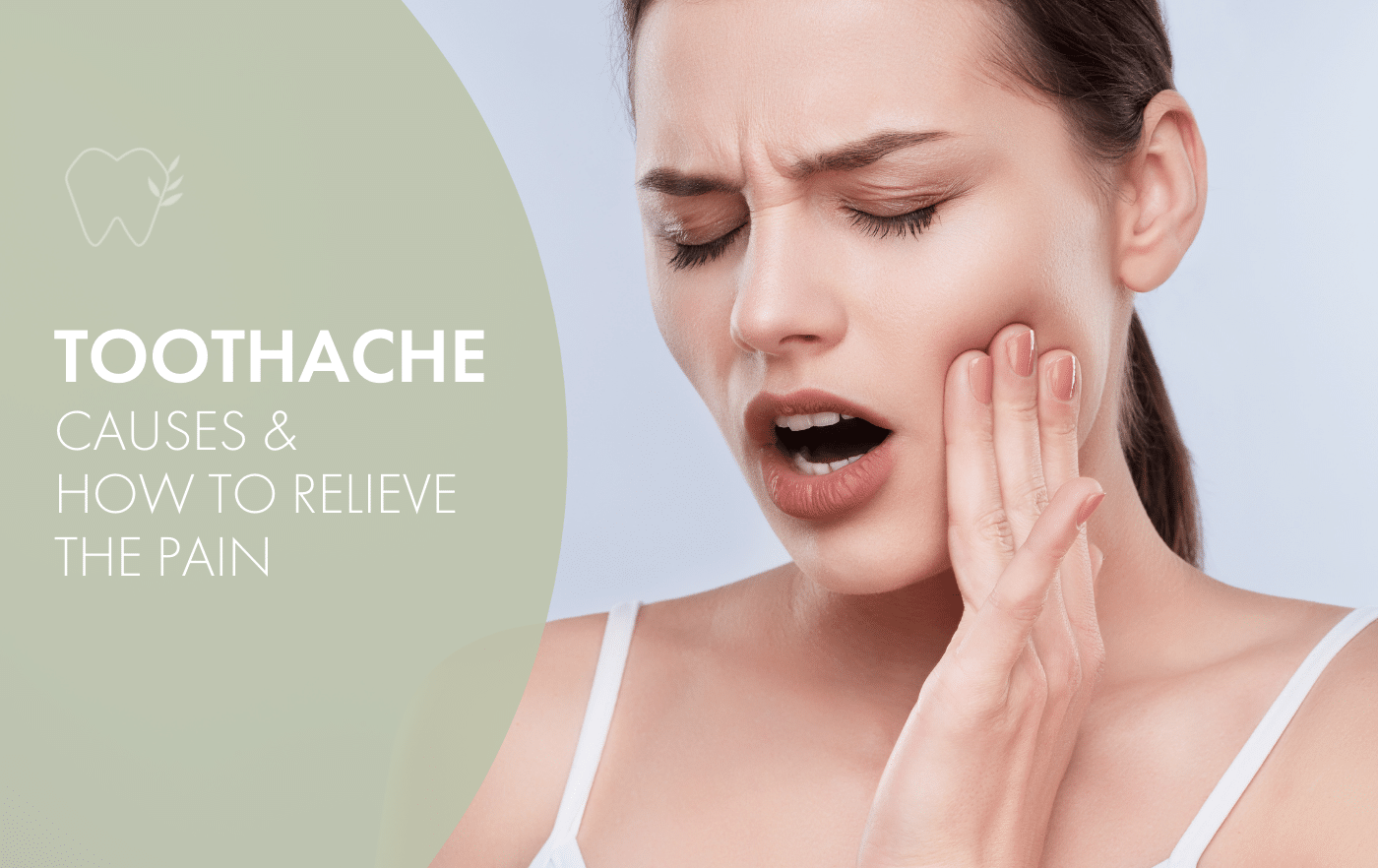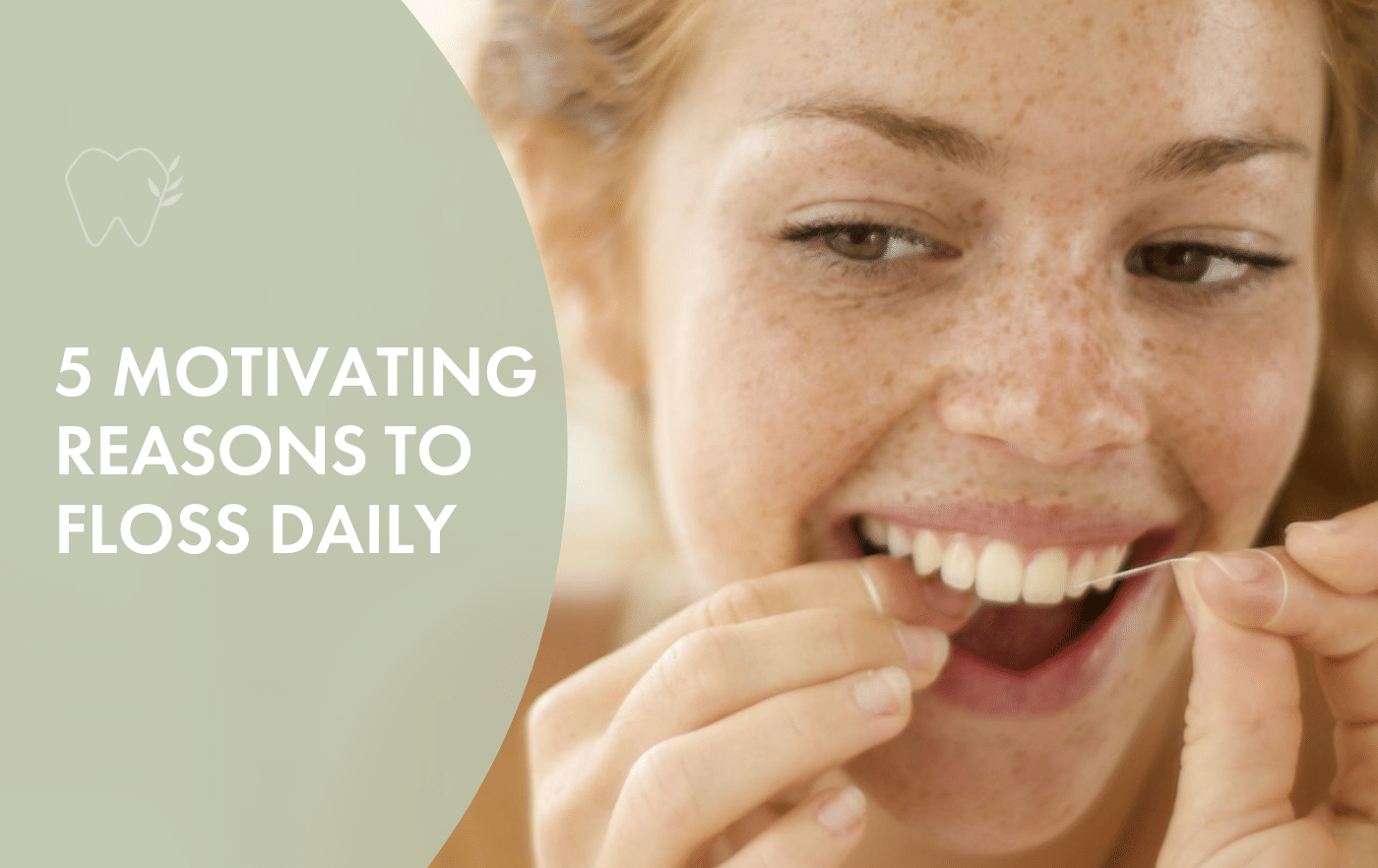
Is Mouthwash Necessary?
We all know that flossing and brushing twice a day is essential for keeping your teeth clean and healthy. But what about mouthwash? Should mouthwash be a necessary part of your daily oral hygiene routine? Mouthwashes are generally antiseptic rinses that are used to decrease the microbial load in your mouth and reduce bacteria and plaque. The main purpose of a mouthwash is to freshen your breath (not clean your teeth) and help prevent cavities. Mouthwashes also complement the act of brushing and flossing by getting to those places that cannot be reached with a toothbrush and dental floss.
Types of mouthwash
There are many types and brands of mouthwash, and it’s easy to be confused by the display at the supermarket. A good starting point when choosing your mouthwash is to check which ingredients are used. While each mouthwash may be slightly different, most will include the following.
- Alcohol: or other microbial agents to help kill bacteria and other germs that contribute to tooth decay and bad breath.
- Detergents: to help dislodge and remove food debris and loose plaque
- Preservatives: that prevent growth of bacteria in the mouthwash
- Fluoride: which is beneficial for protecting your teeth against acids and strengthening enamel. If you need to use a mouthwash, a fluoride one is highly recommended.
- Flavours: and colours that improve the look and taste
- Water: to dissolve the other ingredients
Choosing the right mouthwash
If you’re ready to rinse, the next step is choosing a mouthwash product that’s right for you. The Australian Dental Association has published a list of approved mouthwash products they have given their Seal of Approval. These include some of the mouthwash products in the Listerine and Colgate Savacol ranges. In any case, we advise consulting with your dentist to identify a mouthwash that is suitable for you and your particular circumstances. Here are some quick tips to help you decide which bottle of mouthwash to reach for:
- Dry mouth syndrome: If you suffer from dry mouth, it’s a good idea to opt for an alcohol-free mouthwash. As alcohol is a drying agent, mouthwashes that contains alcohol could end up making your dry mouth worse. Biotene Dry Mouth Oral Rinse is a great choice if you suffer from dry mouth!
- Tooth decay: Keen to fight tooth decay? Choose a mouthwash with extra fluoride, which can help to protect teeth against acid attack and decay. Be careful not to accidentally swallow your mouthwash, as consuming too much fluoride can be harmful.
- Gum disease: If you suffer from gum disease, a mouth wash containing chlorhexidine such as Savacol may help. However, ensure you speak to your dentist first to find out which treatment they would recommend and how frequently they advise you to use it.
- For fresh breath: If you simply want to freshen your breath, choose a mouth wash in a flavour or scent that appeals to you the most.
- After oral surgery or extraction: After any surgical or extraction procedure, avoid mouthwash altogether (especially alcohol based mouth wash) and instead use warm salt water to control the swelling and stimulate healing.
Benefits of mouthwash
While mouthwash is not a replacement for brushing your teeth, if done alongside brushing and flossing, it definitely has its upsides. Below are a few benefits of mouthwash and why it is a helpful addition to your daily oral routine.
- Prevents cavities and tooth decay. We all know the benefits of fluoride, but did you know that most mouthwash contains fluoride? Helping to prevent your teeth from getting cavities and also strengthening your enamel.
- Fresh breath. Toothpaste can only get you so far when it comes to having fresh breath. Mouthwash always trumps the breath test! Using mouthwash after brushing your teeth will completely get rid of that garlic smell that lingers on your breath better than just brushing and flossing your teeth.
- Reduce ulcer discomfort. Ulcers make eating painful and can be challenging to heal. However, using a mouthwash that contains chlorhexidine may help to reduce the pain. It also works to improve healing and prevent the ulcers from becoming infected. This is also the case with canker sores, which are painful sores formed inside the mouth, the side of the cheeks, on the tongue, and floor of the mouth.
- Assist with treating and preventing gingivitis. Just like mouthwash aids in preventing tooth decay, it can also help to prevent or reduce the risk of gingivitis or gum disease. Making sure that your gums are clean can be challenging with just brushing and flossing, so a mouthwash helps to complete the process.
- Orthodontic braces. Plaque and sugars can demineralise the tooth enamel, causing areas of decalcification on your teeth. This decalcification creates chalky white spots which you may not be aware of while wearing braces. Once your braces are removed, however, these white lesions become apparent. Not only are they less than aesthetically pleasing, but they can also turn into fully fledged tooth cavities. This is why orthodontists prescribe a fluoride mouth rinse to limit decalcification.
Side effects of certain mouthwashes
There are a few negative outcomes that come with the use of mouthwash that has alcohol present. They include:
- It causes irritation. Mouthwashes that contain high levels of alcohol have powerful antibacterial properties. However, highly concentrated amounts of alcohol can irritate the tissues in the mouth. Experiencing a burning sensation when using mouthwash is an indicating factor that it has very high alcohol content, making the fresh experience difficult and painful.
- Not safe for accidental consumption. This is the major reason as to why mouthwash isn’t recommended for the use of minors and young children below the age of 6. Mouthwash contains chemicals and substances that are not safe if accidentally swallowed.
- Mouthwash can stain and darken teeth. When chlorhexidine gluconate, an ingredient present in some mouthwashes comes into contact with food additives left in the mouth, it can result to staining or darkening of the teeth. It’s best these types of mouthwashes are used only for a limited time. Mouthwash can also help heal canker sores, but when you use a type of mouthwash that has a high alcohol content, it can further aggravate the condition.
Mouthwashes can be helpful or harmful, depending on how you use it. At The Grove Dental we are committed to help you develop good oral health habits and refine your oral care routine. Contact us for more information and book in a consultation with one of our friendly dentists today.





